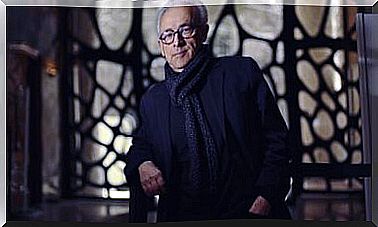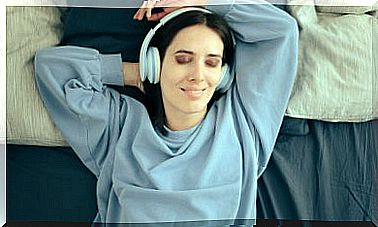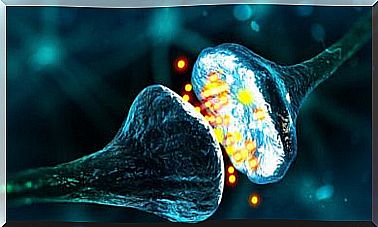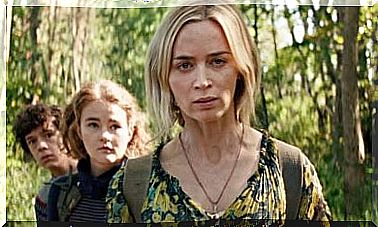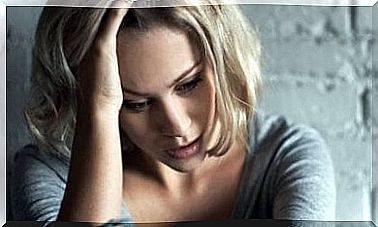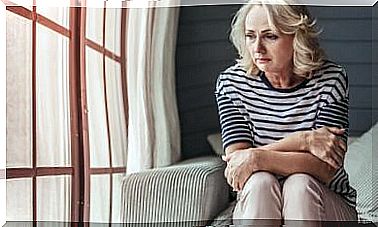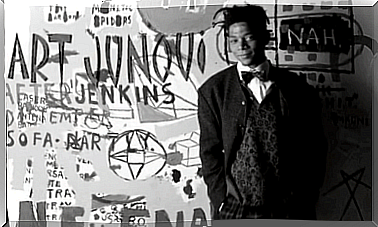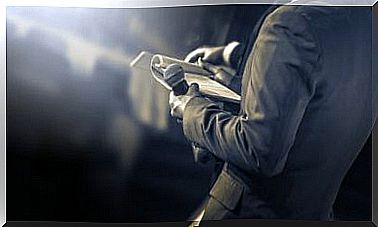On Evil …

What leads a person to cause harm to their peers without their interest or the defense of their own life being at stake? Why do some individuals murder, attack others, steal unnecessarily, and commit all kinds of heinous crimes? In other words, what is the origin of evil, and why does it occur?
We probably agree that most people would never commit criminal or heinous acts if they weren’t forced by an imperative need. However, the reality is that horrible crimes continue to be committed every day around the world. Understanding the causes of this phenomenon is essential to be able to eliminate it at its roots.
Are we products of evil?
According to Catharism, a religious movement that emerged in the 12th century, spread especially in the south of France and born of the ancient oriental pagan beliefs and that had the difference between Good and Evil as its main doctrine, the human being is the product of evil . His followers were so convinced of this that they even condemned procreation, because they understood that having children was adding new products of evil to the world.
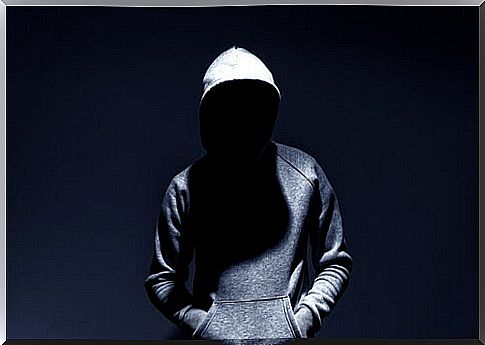
You might think that it is insane to say that we are products of evil, but sadly, it is enough to look out the window, read the newspaper or listen to the radio to see that in the laboratory of life, if it were an experiment, our acts of evil would be more than proven. This can be used to show that humanity has a propensity for evil and if we were to be guided by our instincts, the consequences would be catastrophic.
Society tempers our aggressive instincts
Luckily society, whether we like it or not, is not an entity alien to us. Society is made up of each and every one of us, and modifies and modulates our basic instincts. It is a machinery that has to follow a pattern in order for it to work. We depend on the neighbor next door to “behave” and not disturb us at night with loud music so that there is no reason for arguing.
However, the relationship between society, our instincts and violent or evil acts is not entirely clear. Some authors, like Rousseau, think that human beings are good by nature, and that living in structured social groups simply brings out the worst in us. On the other hand, there is also the opposite theory, which defends that the only reason why we are able to live in harmony is due to the existence of external rules and regulations.
The battle against the beast within
It is true that we can never forget that we have blood in our veins and that many are and will be the times that, throughout our lives and although we generally behave well, there will be situations that manage to alter our good behavior. This can happen with a bad answer, an insult or even attacks against our physical integrity.
However, this will not always be the case. In some cases we may be the ones who, willingly or not, alter the “harmony” that society should have. And is that negative emotions and aggression, unfortunately, have relatively “positive” effects on the lives of people who use them in their day to day as a tool. Therefore, it is highly unlikely that we will be able to eradicate them completely in the near future.
In a recent study by the Chinese University of Beihang, it has been found that anger is the emotion that receives the most spread when transcribed on social networks, unlike texts that report joy or happiness. This could explain why it is so common to find aggressive or harmful posts on the Internet: creating one of them will cause us to receive a lot of attention.
Therefore, we must continue to be not only an example to our neighbor, but we must remember that our instincts are guided by our worst enemy, ourselves. Fighting our “inner self” is a daily job. There will be times when we feel defeated by him when his fangs, his temper and anger, his sarcastic tongue, his poisonous gaze appear.
Losing this fight is something that damages not only our relationships with others, but also our own desires to be happy, our will to live. The beast that some carry inside can be terrible. Many are even unaware of it, but if it ever comes out, it will probably terrify more than yourself.
That is why those who have the so-called “inner beast” must especially strive to be more careful, more cautious, doubly tolerant, so as not to make it howl and show its monstrous jaws that threaten to devour the unwary before them.
I wish no one had an inner beast, but living with it makes us more aware of who we are, of our limits and shortcomings. Curiously, it makes us more deserving of all the positive things we have to share, because although Ernest Hemingway said that “everything truly evil begins with something innocent”, Martin Luther King Jr. reminded us that “man must find the solution to any conflict human who rejects revenge, aggression and retaliation; and the basis of that solution is love ”.
